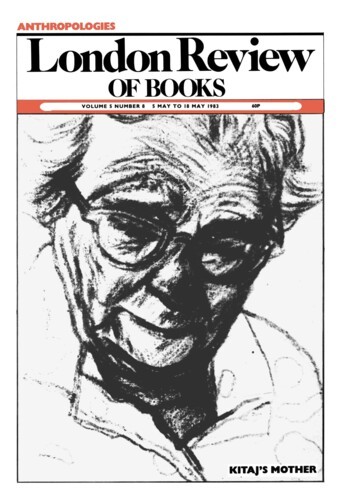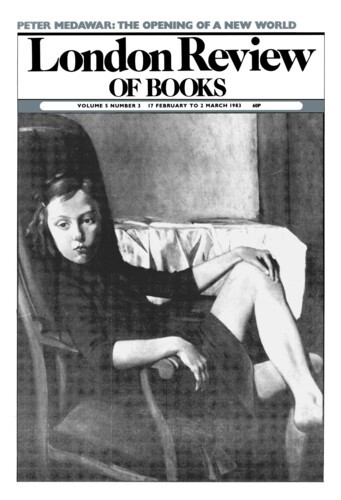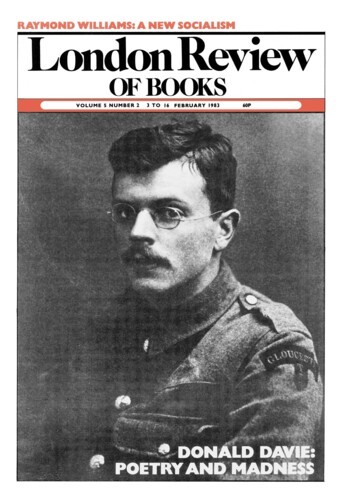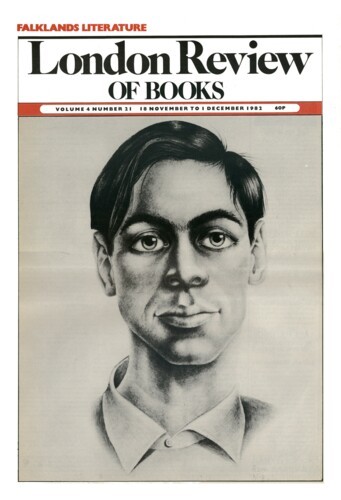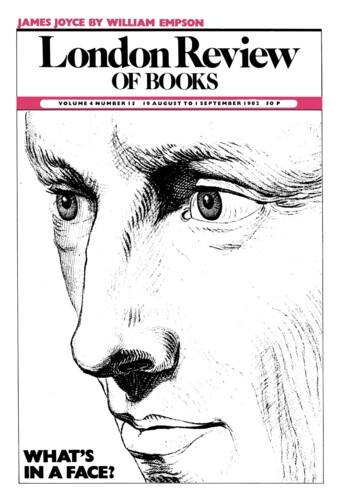Poles Apart
John Sutherland, 5 May 1983
Glowacki’s novel makes trouble for itself. The work is translated – one of the two ways in which, notoriously, a British book can be guaranteed to lose money (the other sure thing is poetry). Give us this day was originally published in 1981, and was evidently completed before December and Jaruzelski’s imposition of martial law. Its saga of the uprising in the Gdansk Lenin shipyard ends with a cloudy optimism (‘It looks as if it’ll be all right after all’) which unforeseen events, not least the author’s subsequent exile, have sadly contradicted. Give us this day is presented as the historical witness of a hull-welder like Boxer in Animal Farm: dim to the verge of half-wittedness but – ultimately – the salt of the Polish earth. English readers will shrink from the biceps-flexing opening sentences: ‘Can’t complain. Built like an ox, I am. Productive. Efficient member of the workforce.’ Productive and efficient the steel-driving hero may be. Articulate narrator he is not. His solidity makes a point about Solidarity. His humble reflections on the upheaval around him may even be eloquent in his native Polish. But working-class vernacular must vie with poetry in making things awkward for translators. The hero, for instance, identifies the world around him by homely menagerie nicknames: his workmates are Sloniu the Elephant, Roundy, Swarthy, Foureyes, Skinny, Miskia the Bear, etc. Walesa (never named) is ‘walrus face’. One can see the slang equivalences which the translator (Konrad Brodzinski) is aiming at. But by the wildest stretch of the imagination, one can’t hear an assembly-line worker at Cowley or Dagenham fondly referring to his leader as, say, Moss the bullmoose. And it doesn’t help that Glowacki’s workers have such well-soaped mouths. I won’t believe that the great liberation at Gdansk was achieved without a single expletive, or any harder retort by the foiled management than: ‘Back to work, revisionist scum.’–
